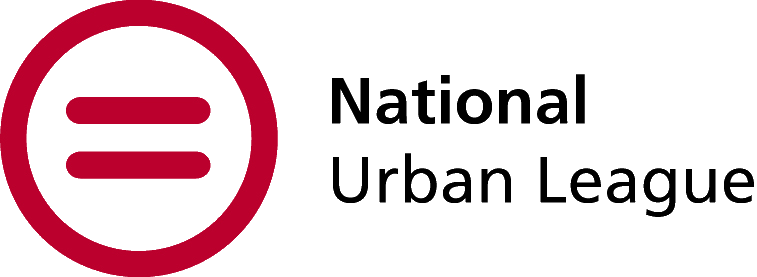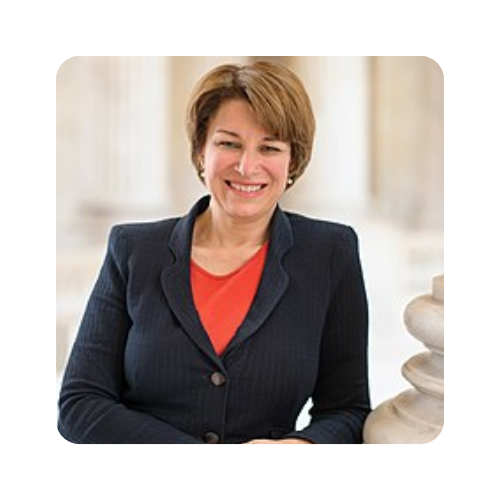
Deep Dive Days
HOUSING SOLUTION SUMMIT
Practical Strategies and Inspirations for Addressing the Crisis in Housing Affordability, Evictions, and Homelessness
Five content-rich days (one per month) where top experts and innovators share strategies for addressing important parts of the overall housing crisis.
Learn from 80+ Experts as they share innovations, strategies, and models of what can be done to rapidly and economically respond to both the immediate eviction/foreclosures crisis and the underlying system problems.
>> For more information on each of the Deep Dive Days, watch now the Content Preview Webinars
A welcome message from your host, Bill Barberg (1:53 minutes)
For additional information, watch this extended interview with Bill Barberg
on the Housing Solution Summit (29 minutes). Click here
Learn more about the Deep Dive Days by watching these Content Preview Webinars.
Why watch these sessions?
There is no shortage of news, reports, conferences, and presentations that talk about the problems with housing affordability, housing insecurity, and homelessness. What is needed is more information about solutions—especially solutions that can be implemented by local communities, regions, and states.
The Deep Dive Days and On-Demand Access to this content is an ideal opportunity to mobilize and equip your community to successfully apply for funding, including the funding that may become available to local coalitions through the Housing Supply and Affordability Act (which we encourage you to support).
Participants will learn how a system-focused approach can overcome obstacles to help address housing insecurity, racial homeownership gaps, and the problems caused by global investors buying up homes across the country. The program includes post-summit support to mobilize, inspire and equip many different organizations to collaboratively implement high-value, economical, and practical strategies.
Tools to help you with increasing the supply and affordability of Housing.
On Tuesday, June 29, the webinar “Strategies and Innovations for Preventing and Addressing Homelessness” will introduce a game-changing strategy map template for preventing and addressing homelessness—with an emphasis on helping the hundreds of thousands (if not millions) of people who may be pushed into homelessness for the first time in their lives—as a result of economic circumstances.
This webinar will share strategies that are often overlooked. It will also introduce the first of a series of “Deep Dive Days” that are part of the Housing Solution Summit.
Five days (one per month) packed with focused content that allows you to build your individual skills or bring your community together with actionable training on how to respond to the crisis.
The Housing Solution Summit is focused exclusively on sharing innovations, strategies, examples, and models of what can be done to rapidly and economically respond to both the immediate eviction/foreclosures crisis and the underlying system problems. This summit is about SOLUTIONS.
We’re bringing community leaders and local coalitions the best ideas we can find to enhance or expand your current efforts to make them more effective and more economical to scale up to meet the scope of both the short-term eviction/foreclosure crisis and the underlying struggles with housing affordability and availability.
Feedback from prior summits
"The content for ths summit was fantastic! The speakers were amazing and I have many I want to review and quote for different materials and presentations.” - Lisa C., Community Coalition Leader
"We need to do this entire set of workshops annually to put this info in front of our lawmakers, council persons and other thought leaders to solve our homeless population. I am inspired" - Karen S.
Who should attend? (+)
- City and county leaders (mayors, city managers, county government leaders, commissioners, etc.) and their staff members.
- State and local housing leaders and staff, especially those responsible for strategies to increase affordable housing.
- United Ways
- Non-profit organizations involved with housing, health, reducing poverty, and improving neighborhood well-being.
- City planners involved with zoning, building codes, community development plans, and the like.
- Hospitals, health centers, clinics, health plans, and others striving to better address Social Determinants of Health, improve upstream prevention, and reducing readmissions that are often due to a lack of stable healthy housing.
- Organizations and individuals working to end homelessness and housing insecurity.
- Faith communities that want to love their neighbors and be part of helping people in their community (or their membership) live more stable, healthy lives.
- State and local economic development leaders and staff, including people working on transportation and workforce development.
- Banks, credit unions, Community Development Financial Institutions, and impact investors who care about housing and neighborhood revitalization.
- Organizations and individuals working to address climate change and reduce the carbon footprint of the community or region.
- Philanthropic organizations that want to address the root causes of poverty, poor health, and inequity.
- City and County Human Services leaders and staff who focus on helping the disadvantaged people in their community, including seniors, people with disabilities, young adults aging out of foster care, people in recovery, and others who likely face a high risk of homelessness.
- Groups like AARP, Area Agencies on Aging, and community organizations that serve seniors.
- Traditional affordable housing developers and property management firms.
- Public Health Departments that understand that the lack of affordable housing might be one of the most important issues to address in their Community Health Improvement Plan.
- State and local government leaders and staff responsible for Community Development Block Grants, Fair Housing Plans, and other roles that help shape the investments in community improvements.
- Individuals who want to live in a tiny home, Accessory Dwelling Unit, or other types of affordable housing and want to help their community with a strategy to increase the supply of those options.
- College and university students interested in community development, housing, addressing poverty, and improving racial equality.
The Deep-Dive Days are designed to people in many roles and sectors that can each play part of a multi-faceted strategy to address the many aspects of the housing crisis.
Meet Your Host
Bill Barberg, a co-founder of the Population Health Learning Collaborative, is the President and Founder of InsightFormation, Inc., a Minnesota-based consulting and technology company that helps communities, regions and states address complex social and health issues that require multi-stakeholder collaboration. His deep background in strategy implementation has been featured in dozens of conference presentations and webinars, and he both organized and hosted the recent virtual summit on Innovations in Naturally Affordable Housing. He has been a pioneer in many projects that have pushed forward the practices for achieving Collective Impact on a wide range of issues—from addressing the opioid crisis to transforming housing re-developments into Communities of Hope in Detroit.
Bill was selected to write the chapter on “Implementing Population Health Strategies” for the book, “Solving Population Health Problems through Collaboration” (Routledge, 2017). His recommendations for using strategy maps are featured as a core recommendation in the new report by the National Academy of Public Administration. Bill recently co-authored a peer-reviewed paper for the Journal of Change Management on “Leading Social Transformations to Create Public Value and Advance the Common Good” (it will be due out in Spring of 2021).
Learn more about Bill in this 6-minute video.
Frequently Asked Questions
+ Is there a Money-Back Guarantee for the All-Access Pass? (+)
Yes. If you don’t feel that you got your money’s worth, just send us an E-mail (or give us a call) and we’ll give you a 100% refund. We’re confident that you’ll be delighted with the content in the virtual summit.
+ How can the Virtual Summit be so affordable and still be good? Don't you get what you pay for? (+)
Technology is amazing! The participating organizations had already invested in excellent technology for webinars and creating videos, and it typically doesn’t cost more to use those platforms more. So that was an easy “in-kind” support for the PopHLC. (We practice what we preach!)
Speakers for breakout sessions at most of the big national conferences are rarely paid, and they often end up spending thousands of dollars for travel and discounted registrations to share their message with a relatively small group of people. We make it easy for presenters to deliver similar content to a much larger group without requiring them to pay the cost of travel or conference fees.
Our presenters are passionate about how what they have to share can be a part of a community strategy to address the affordable housing crisis, so none of them are compensated to present. But, we set the same expectations as would be the case in the national conference presentations. These are educational sessions that need to deliver solid value. They are not sales presentations.
Prior to this virtual summit, all the PopHLC content was delivered for free (with the help of a few sponsors). We decided that a very affordable fee for the virtual summit was the best way to make this a sustainable venture.
+ Is the PopHLC a 501(C)3 Non-Profit Organization? (+)
Not currently. It started as a collaborative project with the idea that if we got enough momentum, we’d make the investment in creating a separate non-profit organization. That is still the direction we’re heading.





















